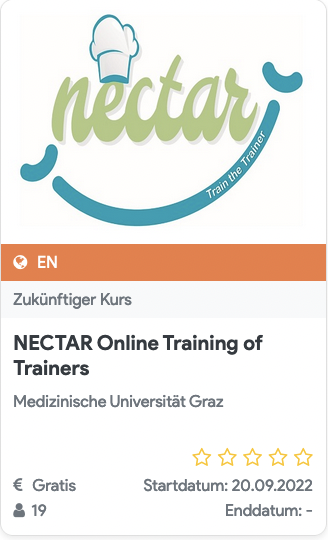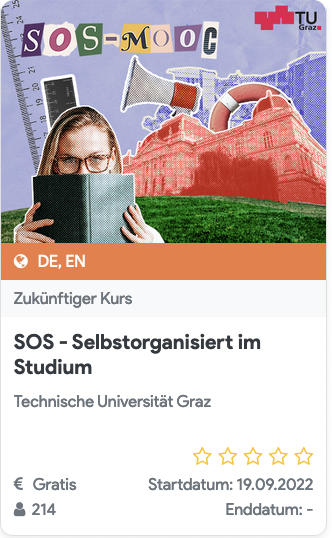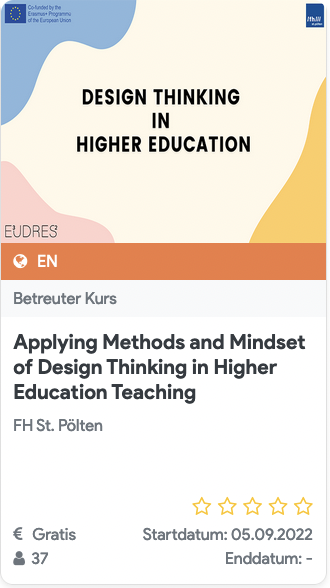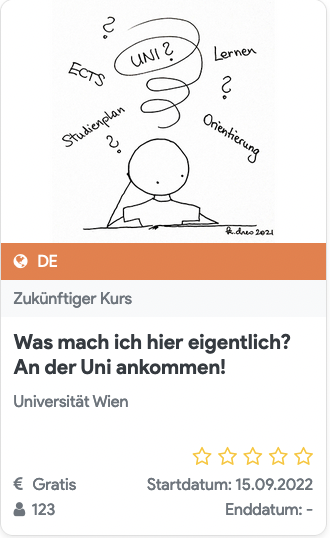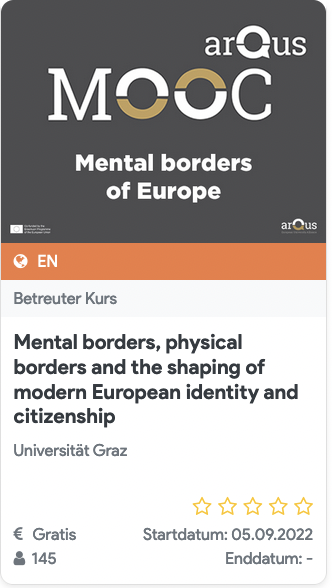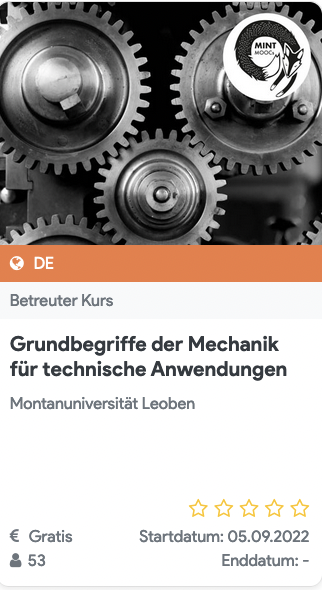Wir freuen uns, dass unser Beitrag zu „Gute Online-Lehrpraxis aus Studierendensicht in den ersten Wochen der CoViD-19-Krise. Der studentische Blick auf ‹gute Lehre› an der TU Graz im Mai 2020“ zwar etwas verspätet aber doch in der Zeitschrift für MedienPädagogik erschienen ist:
Zusammenfassung:
Ende Mai 2020 wurden die Studierenden der Technischen Universität Graz im Rahmen einer studentischen Qualifizierungsarbeit zu guten Lehrerfahrungen in der der Notfall-Online-Lehre durch die CoViD-19-Pandemie im Sommersemester 2020 befragt. 137 Beispiele für gute Lehre von unterschiedlichen Teilnehmenden werden für den Beitrag ausgewertet. Die Analyse der Antworten zeigen, dass in einem Gros der Lehrveranstaltungen die als gelungen erlebt wurden, (auch) Videotechnik zum Einsatz kommt (90 %), bei mehr als der Hälfte (auch) Videos zur Verfügung gestellt werden und bei der Hälfte Live-, d. h. synchrone Veranstaltungen angeboten werden. Ein wesentliches Merkmal für gute Lehrbeispiele ist, dass Studierende etwas gelernt haben (77 % «trifft voll zu») und bei Beschreibungen der Lehrbeispiele erwähnen rund ein Drittel, dass die Umstellung der Lehrveranstaltung, die sie als gute Lehre erlebten, zügig erfolgte. Methodisch-didaktische Besonderheiten werden damit in der frühen Phase des Distance Learning eher selten (12 %) von den befragten Studierenden benannt.
[full article @ Journal homepage]
[full article @ ResearchGate]
Referenz: Schön, Sandra, Viktoria Wieser, Sebastian Dennerlein, und Martin Ebner. 2021. „Gute Online-Lehrpraxis Aus Studierendensicht in Den Ersten Wochen Der CoViD-19-Krise: Der Studentische Blick Auf ‹gute Lehre› an Der TU Graz Im Mai 2020“. MedienPädagogik: Zeitschrift für Theorie Und Praxis Der Medienbildung 40 (CoViD-19):411-29. https://doi.org/10.21240/mpaed/40/2021.11.26.X.



